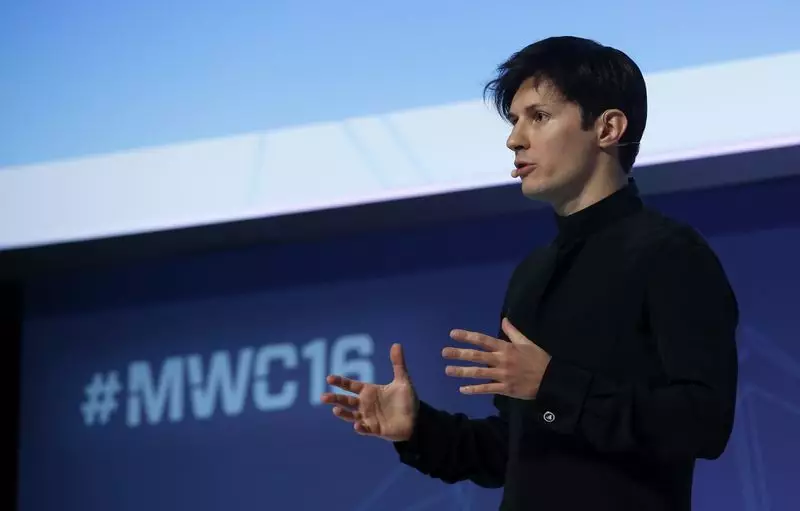On a fateful day at the Bourget airport in Paris, Pavel Durov, the billionaire creator and CEO of Telegram, was reportedly arrested. This shocking turn of events came as a surprise to many, especially considering Durov’s influential role in the world of social media. Telegram, often associated with countries like Russia, Ukraine, and other former Soviet republics, has gained prominence as a major player in the social media landscape, rivaling the likes of Facebook, YouTube, WhatsApp, Instagram, TikTok, and Wechat. With a goal of reaching one billion users in the near future, Telegram has demonstrated immense potential and popularity among its users.
Durov’s arrest in France was linked to a lack of moderators on the Telegram platform, leading to concerns about criminal activities flourishing unchecked on the app. This raised questions about the responsibility of tech companies in monitoring and regulating user behavior on their platforms. The investigation surrounding Durov’s arrest shed light on the vital role of moderation in preventing harmful content dissemination and ensuring the safety of users online. Despite being a key source of unfiltered information during the Ukraine-Russia conflict, Telegram’s stance on remaining a neutral platform rather than a geopolitical player came under scrutiny in the wake of Durov’s arrest.
The aftermath of Durov’s arrest saw a flurry of reactions from various entities. While Telegram remained silent in response to media inquiries, the French authorities refrained from providing official comments on the matter. The Russian embassy in France expressed surprise at the lack of communication from Durov’s team regarding the arrest, prompting swift action to clarify the situation. Russian officials, including Mikhail Ulyanov and other politicians, condemned France’s actions, accusing the country of veering towards totalitarianism. The call for global protests at French embassies by Russian bloggers further intensified the diplomatic tensions surrounding Durov’s arrest.
As Pavel Durov’s arrest continues to reverberate across the tech and political landscapes, the future of Telegram and its founder remains uncertain. The incident serves as a stark reminder of the complex interplay between technology, governance, and individual liberties in the digital age. It underscores the challenges faced by tech companies in navigating regulatory frameworks and maintaining user trust while upholding principles of free speech and platform neutrality. Durov’s case highlights the far-reaching implications of online platforms in shaping public discourse and political narratives, underscoring the need for greater transparency, accountability, and ethical standards in the digital realm.
The arrest of Pavel Durov marks a significant moment in the evolution of social media and tech governance. It raises critical questions about the role and responsibilities of platform owners in shaping online communities and safeguarding user interests. As the story continues to unfold, it prompts us to reflect on the broader implications of technology in our society and the urgent need for a balanced approach to digital regulation and innovation.

